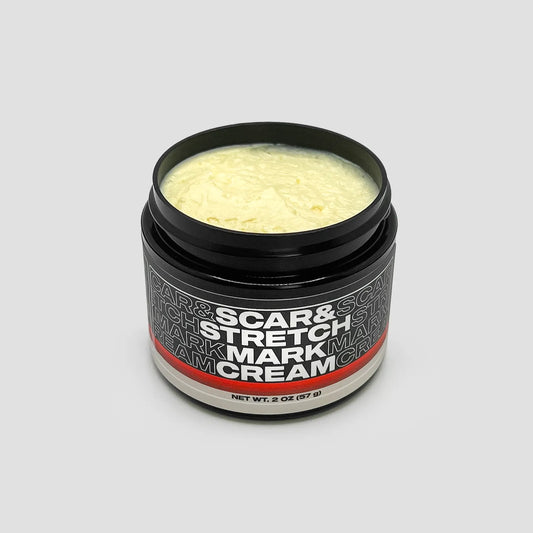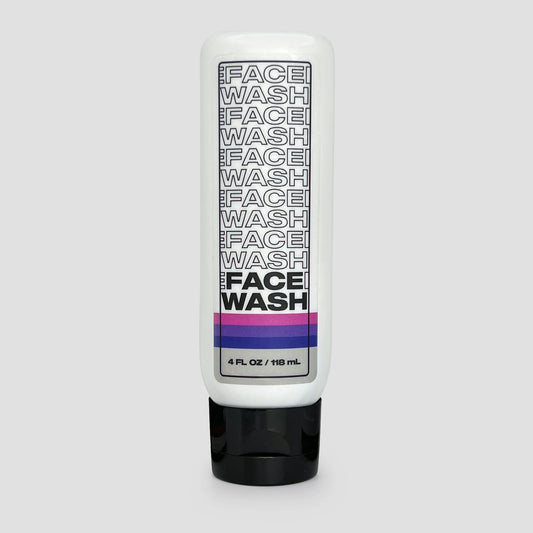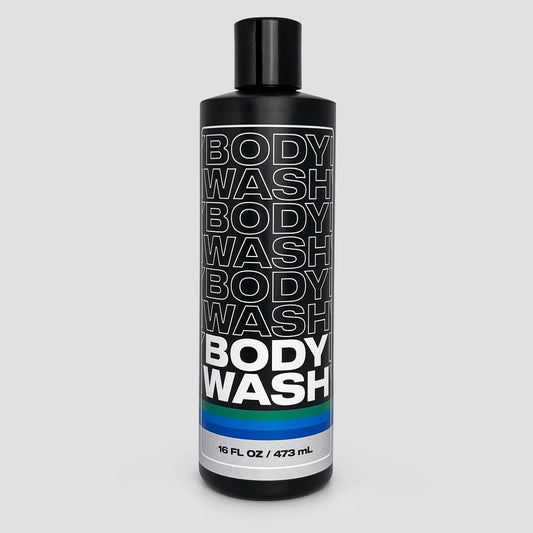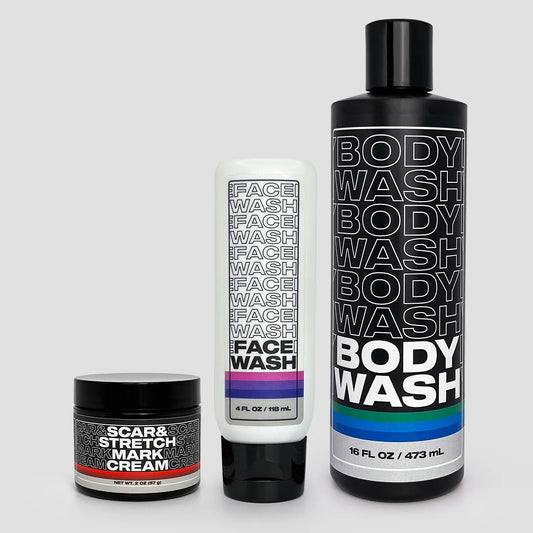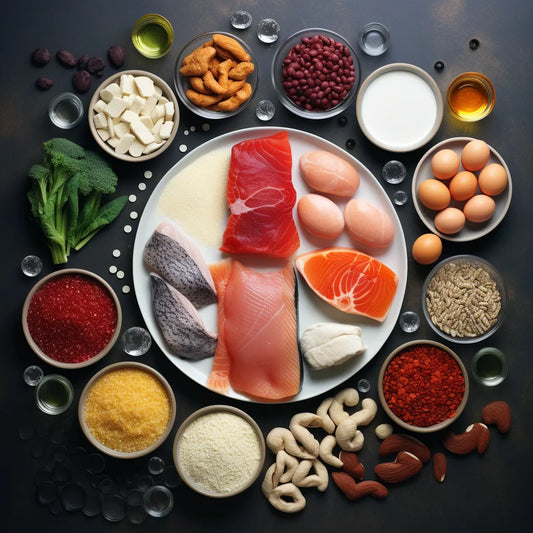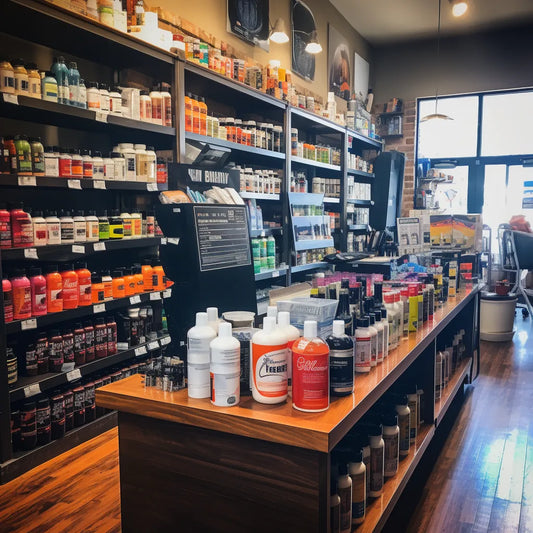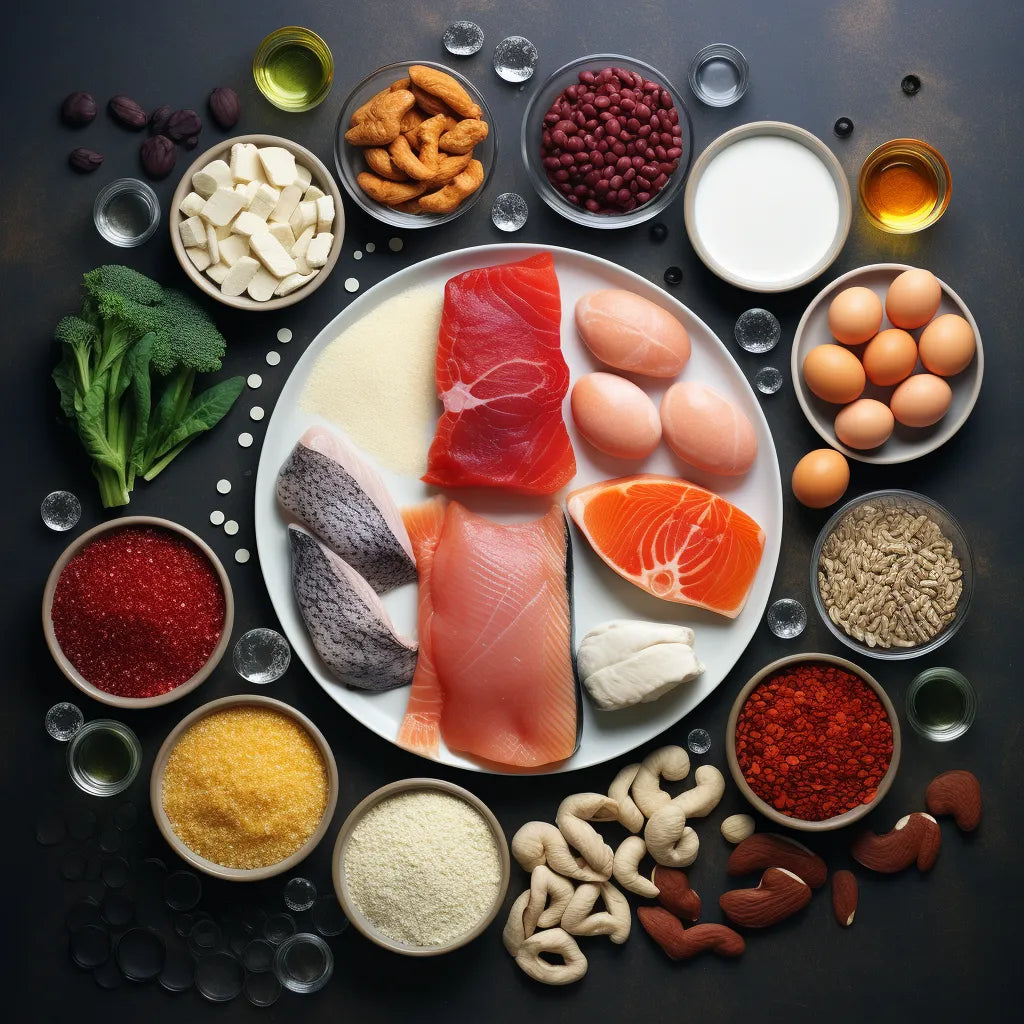

In the realm of fitness nutrition, protein powders have become a game-changer. From enhancing muscle recovery to aiding in weight management, they serve a plethora of purposes. And today, we have just the right subject to flex our muscles over - Pea Protein versus Casein Protein.
As athletic men, picking the right kind of protein for your workout regimen can be a challenging task. That's why we're solving the protein puzzle for you, because we know, when it comes to your fitness journey, every detail matters.
We've put these two protein powerhouses under the microscope to help you make an informed decision. After all, wouldn't you want to know the fuel that powers your machine (your body, of course!)?
By the end of this post, you'll have the knowledge to decide which protein matches your lifestyle, dietary preferences, workout intensity, and body care goals.
What are the main differences between Pea Protein and Casein Protein?
Pea Protein and Casein Protein differ in their source, digestion speed, amino acid profile, and most importantly, their impact on your skin. Pea protein is plant-based protein extracted from yellow split peas, making it a great option for vegans and those with lactose intolerance. On the other hand, Casein Protein is derived from cow's milk and is slow-digesting, making it an optimal choice for muscle recovery during sleep. Casein protein contains all essential amino acids while Pea Protein is low in certain amino acids like methionine.
Which protein is better for muscle recovery, Pea Protein or Casein Protein?
While both pea protein and casein protein aid in muscle recovery, their potency varies. Casein protein, being slow-digesting, releases amino acids slowly into the bloodstream, ensuring prolonged muscle recovery. However, Pea Protein, being easily digestible, is quickly absorbed, proving effective for post-workout recovery. It really comes down to personal preference and specific health goals.
How to Choose Between Pea Protein and Casein Protein for Your Workout Regime
Each man's workout regime is as unique as his skin type. And choosing the right protein supplement essentially comes down to personal choices, fitness goals, dietary restrictions, and body's response. Let's dive into how to choose between Pea Protein and Casein Protein:
1. Understand Your Dietary Preferences
Are you vegan or lactose intolerant? Then Pea Protein will align with your diet. If not, and you prefer a slow-releasing protein for muscle recovery during sleep, Casein Protein might be the better choice.
2. Evaluate Your Workout Intensity
For those involved in high-intensity workouts or strength training, Casein Protein could provide prolonged muscle recovery due to its slow digestion. If you follow a moderate fitness routine, Pea Protein could be sufficient for your muscle recovery needs.
3. Monitor Your Body's Response
Each body responds differently to supplements. Monitor your digestive health, any allergic reactions, and overall wellness after consuming either of the proteins to understand what suits you better.
How do Casein and Pea Proteins impact skin health?
Casein protein could potentially lead to acne flare-ups, especially for individuals with sensitive skin (Source: National Library of Medicine). Pea Protein, being plant-based, presents no known risk to skin health. So, if you've got a history of acne or sensitive skin, you might want to lean towards Pea Protein.
Are there any side effects of consuming these proteins?
Both Pea and Casein Proteins are safe for consumption in moderation, as part of a balanced diet. Overconsumption of any protein powder can lead to digestive issues. Furthermore, some individuals might be allergic to casein or peas (Source: Mayo Clinic).
Your Protein, Your Power: Choose Wisely!
We've flexed our muscles over this protein showdown, uncovering key differences, benefits, and considerations for both Pea Protein and Casein Protein. The choice ultimately rests in your hands (or muscles!).
Protein Rundown Recap
- Pea Protein is plant-based, easily digestible, and friendly to vegans and lactose intolerant individuals.
- Casein Protein is derived from milk, slow-digesting, and more complete in essential amino acids.
- The choice between the two should align with your dietary preferences, workout intensity, and body's response.
- Casein could potentially flare up acne, while Pea Protein is generally safe for your skin health.
And remember, protein powders are no magic pill. They should supplement a balanced diet and vigorous workout regime. So, lift those weights, fuel up with your chosen protein, and unleash your true potential!

